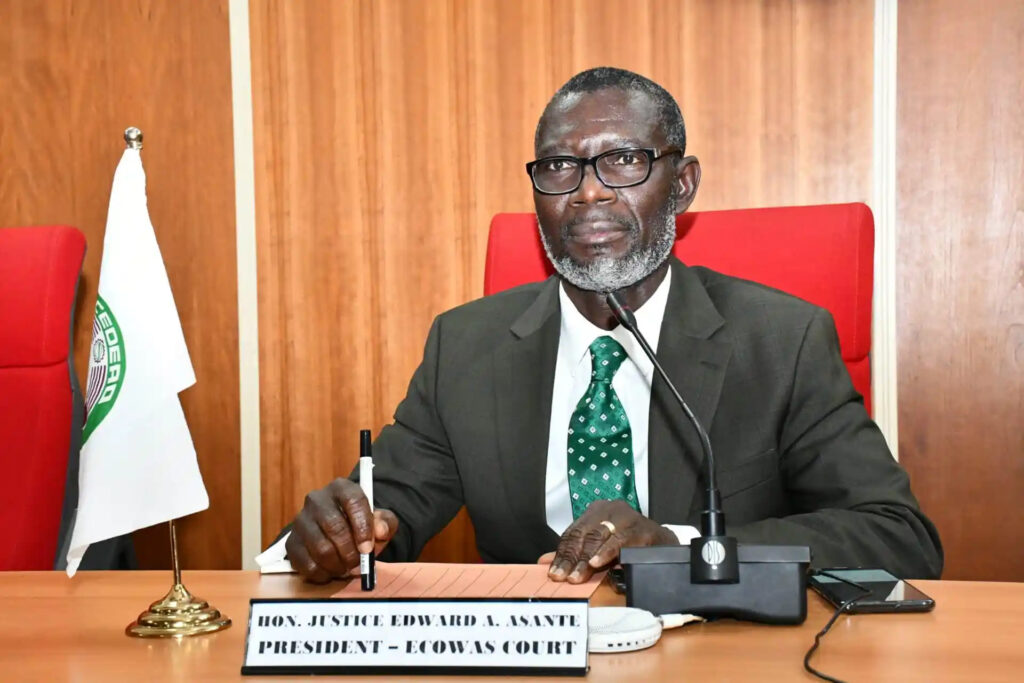- ECOWAS Court orders the Nigerian government to amend sections of the Press Council Act, addressing restrictions on online and citizen journalists
- The court rules in favor of journalists, citing violations of freedom of expression and discriminatory criteria in the 1992 Press Council Act
The ECOWAS Court of Justice has requested the Nigerian government amend specific sections of the Nigerian Press Council Act of 1992. The order aims to bring the Act in line with international standards that endorse free, pluralistic, and professional journalism.
This decision comes after two Nigerian journalists filed a lawsuit against the government, alleging a violation of their freedom of expression. They contended that the 1992 Press Council Act imposed restrictive criteria, particularly discriminating against online and citizen journalists while neglecting the recognition of public interest media.
The ECOWAS Court of Justice ruled in favour of the journalists, instructing the government to amend the contested sections of the Act. The judgment, delivered by Hon Justice Dupe Atoki, the Judge Rapporteur, declared that Sections 19 (1)(a), 27, and 37 of the Nigerian Press Council (NPC) Act did not acknowledge public interest media, including the rights of online and citizen journalists. This, the Court ruled, violated Article 9 (1) of the African Charter on Human and Peoples’ Rights (ACHPR), as well as Article 8 (1) and 10 (2) of the Declaration of Principles on Freedom of Expression in Africa.
While dismissing some of the journalists’ claims, such as unlawful arrest and detention, the Court did not grant their request for one million USD in damages. The case, with suit number ECW/CCJ/APP/31/21, was filed on June 14, 2021, by lawyers representing the applicants, Mr. Isaac Olamikan and Mrs. Edoghogho Ugberease—online and citizen journalists advocating for freedom of expression, opinion, and access to information.
The journalists argued that Sections 19(1)(a), 27, and 37 of the Nigeria Press Council Act of 1992, which required specific age and accreditation criteria for journalists, discriminated against them. The ECOWAS Court’s directive aims to ensure that the amended Act respects the principles of free expression and does not infringe upon the rights of online and citizen journalists.
